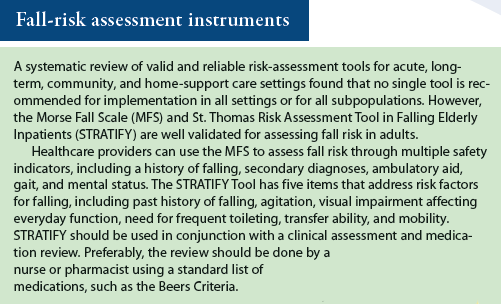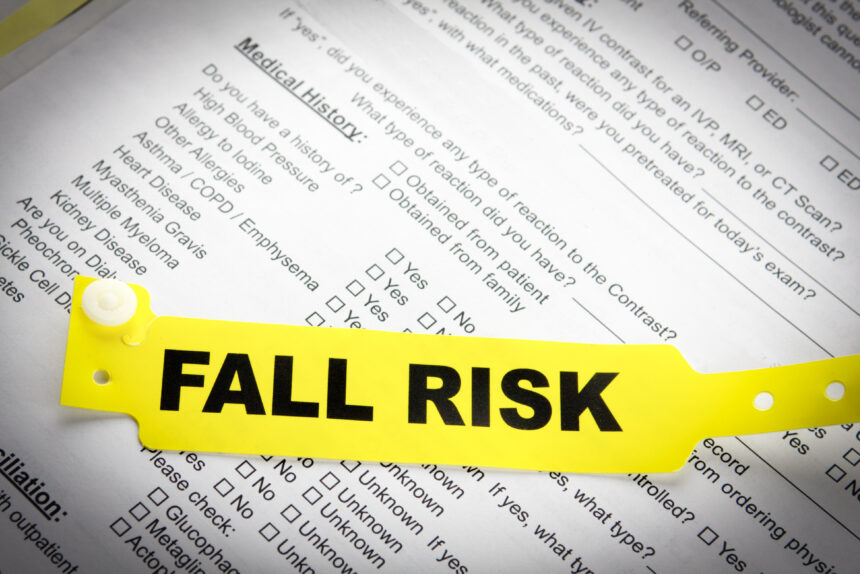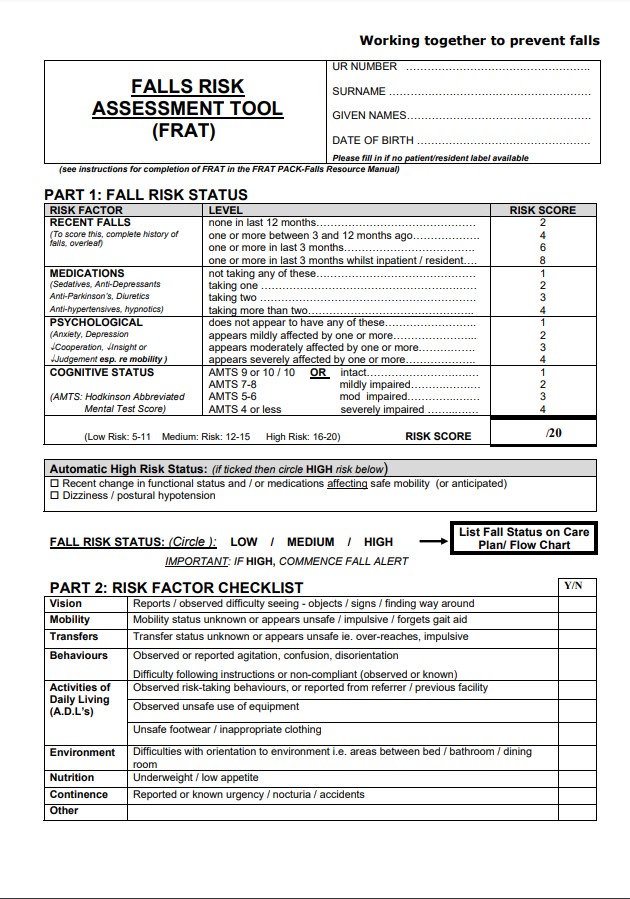The Main Principles Of Dementia Fall Risk
The Main Principles Of Dementia Fall Risk
Blog Article
6 Easy Facts About Dementia Fall Risk Described
Table of ContentsGet This Report about Dementia Fall RiskGetting My Dementia Fall Risk To WorkNot known Facts About Dementia Fall RiskThings about Dementia Fall Risk
A loss danger evaluation checks to see how most likely it is that you will drop. It is mostly done for older adults. The evaluation usually consists of: This includes a series of concerns concerning your overall wellness and if you have actually had previous falls or problems with equilibrium, standing, and/or walking. These devices check your strength, balance, and stride (the way you walk).Interventions are recommendations that might reduce your danger of dropping. STEADI includes 3 steps: you for your threat of falling for your danger aspects that can be boosted to attempt to prevent drops (for instance, equilibrium problems, damaged vision) to lower your danger of dropping by using effective methods (for example, giving education and sources), you may be asked a number of inquiries consisting of: Have you fallen in the past year? Are you stressed about dropping?
If it takes you 12 secs or even more, it may imply you are at higher danger for a fall. This examination checks strength and equilibrium.
Relocate one foot midway onward, so the instep is touching the large toe of your other foot. Relocate one foot completely in front of the other, so the toes are touching the heel of your various other foot.
Little Known Facts About Dementia Fall Risk.
Many drops take place as a result of several adding factors; as a result, managing the threat of dropping starts with identifying the aspects that add to drop danger - Dementia Fall Risk. Some of one of the most appropriate risk aspects consist of: History of previous fallsChronic clinical conditionsAcute illnessImpaired stride and balance, lower extremity weaknessCognitive impairmentChanges in visionCertain risky medicines and polypharmacyEnvironmental elements can also boost the danger for drops, including: Insufficient lightingUneven or harmed flooringWet or slippery floorsMissing or damaged handrails and order barsDamaged or improperly fitted tools, such as beds, wheelchairs, or walkersImproper use of assistive devicesInadequate supervision of the people staying in the NF, including those that display aggressive behaviorsA effective loss danger monitoring program calls for a thorough medical assessment, with input from all participants of the interdisciplinary group

The treatment strategy need to likewise consist of treatments that are system-based, such as those that promote a secure setting (proper lighting, hand rails, get hold of bars, and so on). The performance of the interventions should be reviewed regularly, and the care strategy revised as necessary to reflect modifications in the fall risk evaluation. Implementing a fall danger monitoring system using evidence-based best method can lower the frequency of drops in the NF, while limiting the potential for fall-related injuries.
Dementia Fall Risk Fundamentals Explained
The AGS/BGS standard recommends screening all grownups matured 65 years and older for fall danger every year. This screening contains asking clients whether they have actually fallen 2 or more times in the past year or sought clinical attention for a loss, or, if they have not dropped, whether they feel unsteady when walking.
Individuals that have actually fallen when without injury must have their equilibrium and stride assessed; those with stride or balance irregularities ought to get additional evaluation. A history of 1 loss without injury and without gait or balance problems does not necessitate further assessment past continued yearly autumn risk testing. Dementia Fall Risk. company website A fall danger assessment is required as component of the Welcome to Medicare evaluation

Not known Factual Statements About Dementia Fall Risk
Documenting a drops history is one of the high quality indications for autumn prevention and management. copyright medications in certain are independent forecasters of drops.
Postural hypotension can frequently be relieved by lowering the dose of blood pressurelowering medicines and/or quiting medications that have orthostatic hypotension as an adverse effects. Usage of above-the-knee assistance hose pipe and copulating the head of the bed elevated might likewise lower postural reductions in high blood pressure. Learn More Here The suggested elements of a fall-focused checkup are received Box 1.

A Pull time greater than or equal to 12 seconds recommends high autumn risk. Being unable to stand up from a chair of knee height without utilizing one's arms indicates increased loss threat.
Report this page